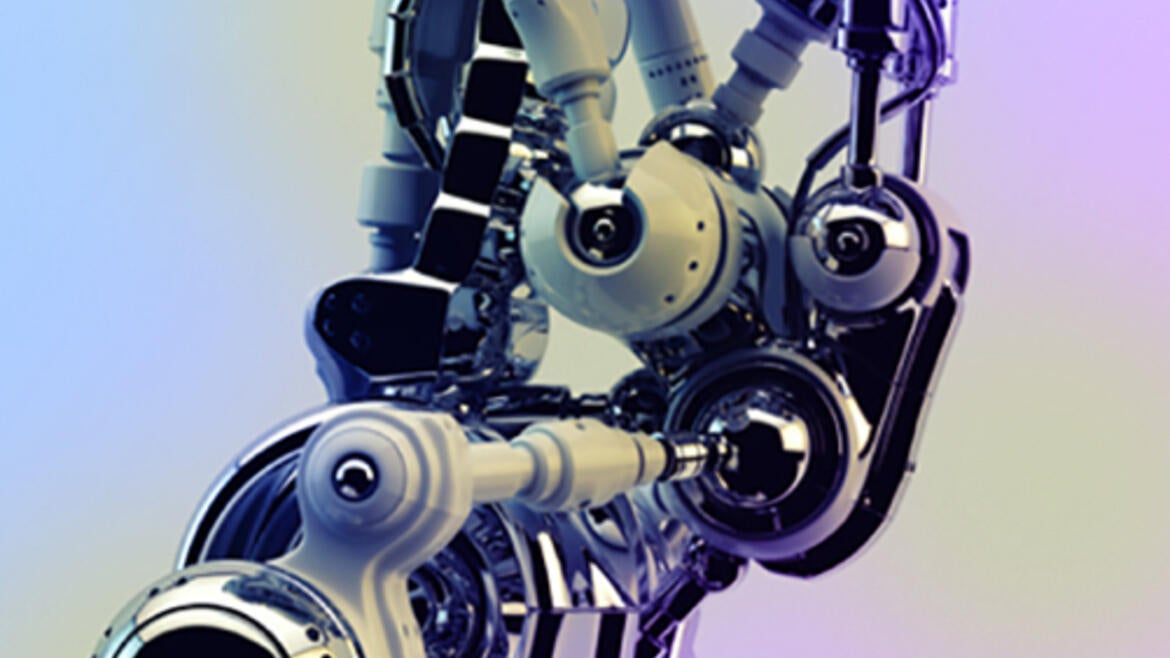Colloquium: Hideaki Tsutsui

Controlling Stem Cells by Microengineering Culture Environments
Hideaki Tsutsui
Assistant Professor
University of California Riverside
Stem cells, with their remarkable abilities to self-renew and to differentiate into multiple tissue lineages, hold great promise for regenerative medicine. In a developing embryo or an adult body, the fate of stem cells is tightly regulated by their microenvironments which provide a unique combination of various extracellular stimuli such as soluble factors, extracellular matrix proteins, cell-cell interactions, mechanical stress, pH, ionic strength, temperature, etc. Successful clinical applications of stem cells will require reproducing key signaling cues that govern self-renewal, proliferation, and differentiation of stem cells in vitro. Whereas conventional cell culture methods provide limited means to investigate extracellular cues, micro/nano technologies can offer a wide spectrum of tools to apply such cues to stem cells in a controlled manner. Therefore, stem cell research is likely to significantly benefit from a micro/nano technology-based platform that allows for screening combinations of various extracellular cues. In addition, the screening process for enabling combinations will be challenged by a large multi-dimensional parameter space created by the number and intensity of possible cues, requiring an efficient optimization method. Currently, we are developing novel engineering methods to control the fate of stem cells toward successful translation into regenerative medicine. In this talk, I will review our previous stem cell-related research and then introduce our new research directions at UCR.
Dr. Hideaki Tsutsui is an assistant professor in the Department of Mechanical Engineering at the University of California Riverside and a member of UCR Stem Cell Center. He received a B.S. in Mechanical Engineering from the University of Tokyo in 2001, a M.S. in Mechanical Engineering from the University of California San Diego in 2003, and a Ph.D. in Mechanical Engineering from the University of California Los Angeles in 2009. Prior to joining UCR, he conducted postdoctoral research at the Center for Cell Control and the Mechanical and Aerospace Engineering Department at UCLA.